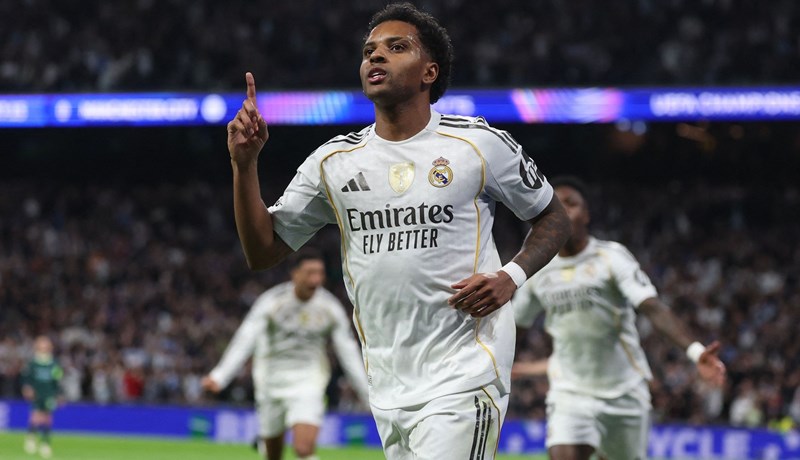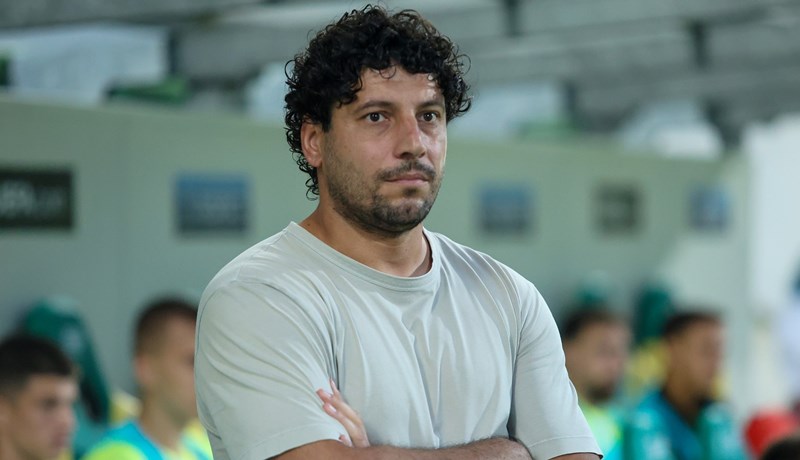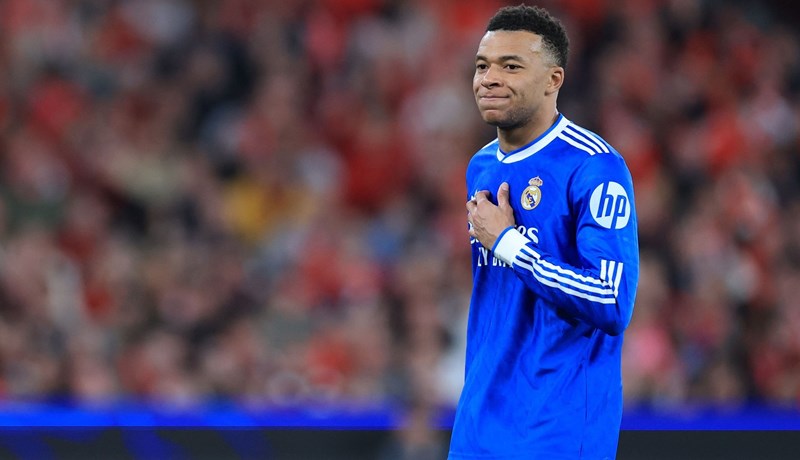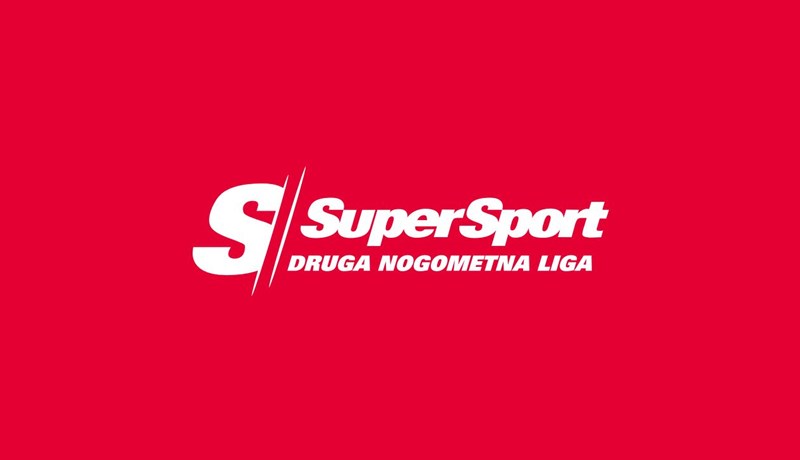Trener Valverde zvani mrav je prošle godine po drugi put postao trener Athletica. Rekao je da nastavci nikad nisu dobri. Osim Kuma 2. :-)
Evo nešto o prošloj sezoni i svemu tome:
Ernesto Valverde's Athletic Bilbao sequel betters the original
The Ant's rejuvenated Athletic are on the verge of Champions League qualification with three games to play
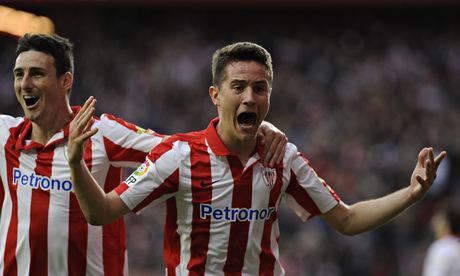
Athletic Bilbao's midfielder Ander Herrera celebrates after scoring against Sevilla in La Liga on Sunday night. Photograph: Rafa Rivas/AFP/Getty Images
Ernesto Valverde sought inspiration in Vito Corleone. June 2013 at the Baroque-inspired Palacio de Ibagaine, with its wide entrance hall, dark wood-panelled walls and footballing works of art, and the man they call Txingurri – The Ant – was doing something he had waited almost a decade to do. He was also doing something they tell you never to do. He was going back. As he sat before the media in Bilbao, Athletic's new manager, who is also their old manager, admitted: "Sequels are never any good." There was a pause and then he added: "Well, apart from The Godfather Part II."
Well, quite. And if The Godfather Part II was good, Txingurri Returns is great. In August the wall behind the goal will be gone and the new San Mamés will be complete. Before the first game in front of 53,000 supporters, the normal Athletic hymn, with its "rising up from the people", "trunk of the old oak," and long, drawn-out "Athleeeeeeeetic" will almost certainly be joined by another hymn, more familiar – by "die meisten", "die besten" and "les grande equipes". Or, to put it another way: "de deee daa doo dee, The Champions!"
On Sunday night Athletic beat Sevilla 3-1 at San Mamés. Iker Muniáin called it a "giant step". It was only the second time that Sevilla had lost in 11 league games, just as Athletic had beaten Barcelona and drawn with Real Madrid here, and it left Valverde's team needing one win from three games to guarantee the final Champions League place. It would be the first time in 16 years, after finishing 12th and 10th in their last two seasons. They've finished higher just once in a quarter of a century and the closest Athletic had come in the last decade was fifth in 2003-04 – under Valverde. The sequel is even better than the original.
The day that Valverde departed in 2005, he wanted to return but the timing, and the circumstances, never quite fit until now. A former player at Alavés, Espanyol Barcelona, Athletic and Mallorca who had worked under Javier Clemente and Johan Cruyff, Valverde's first coaching job had been with Athletic's B team, who he took to fourth place in the Second Division B 2002-03. Two years with the first team followed, finishing fifth and then ninth and losing a Copa del Rey semi-final to Betis on penalties.
But all was not well. The president who had signed him, Javier Uría, had passed away and the man who won elections in 2004 wanted to make his own mark with his own men. Fernando Lamikiz preferred the president to be the protagonist, and the relationship grew cold. Valverde was not keen on the club seeking European football via the Intertoto, Lamikiz was. Lamikiz wanted José Luis Mendilibar to be the manager and when an offer was made for Valverde to renew, it was effectively an invitation to leave. A coach who had come from the B team, on one of the lowest salaries in the division, was "offered" a pay-cut. Valverde departed, despite having nowhere to go. Mendilibar lasted nine weeks. After him came Clemente, then Félix Sarriugarte and José Manuel Esnal, 'Mané'. Four managers in two years.
Joaquín Caparrós and Marcelo Bielsa followed them over the next six seasons, some stability secured, but Lamikiz had resigned in 2006, unlamented. Athletic finished 12th post-Valverde and would end that 2006-07 season a solitary place above relegation.
Valverde took Espanyol to a Uefa Cup final, then Olympiakos to three league titles. The current Olympiakos coach Míchel puts it simply: "Ernesto is a deity here." Last season, he took over Valencia in week 14, lifting them from 12th to fifth but he had no intention of staying beyond the end of the season. Athletic called.
Barcelona had called too: twice. The sporting director, Andoni Zubizarreta, responsible for signing Valverde at Athletic, had spoken to him before finally deciding on Tito Vilanova after Pep Guardiola's resignation and Valverde was on his mind again when Vilanova was forced to step down last summer. But by then, Valverde had agreed to go back to Athletic.
When Josu Urrutia ran for the presidency of Athletic in 2011, he wanted Valverde to be his manager but joining a candidacy that might not win was risky. Urrutia's idea then became to bring Marcelo Bielsa in for a season before turning to Valverde: Bielsa had intimated that he would leave in the summer but at the end of the season, in which Athletic reached the Copa del Rey and the Uefa Cup final, with the fans chanting for him to continue, Bielsa decided to stay. So, Valverde and Urrutia had to wait another year. Now, at last, the circumstances and the timing were perfect.
Valverde is exactly what Athletic needed and Athletic are exactly what he needed. At the start of the season, every team in Spain except the big two had been weakened: from third to ninth, they had all lost their best players. Athletic were likely to be the least effected: Fernando Llorente had departed for Juventus but his rebellion had started the summer before only for the club to refuse to let him leave and, largely left out, he had effectively departed already. His replacement Aritz Aduriz was already in place and his new manager believed in him.
Meanwhile, the work from Bielsa had been exceptional, even his greatest detractors recognised that, and it fit with Valverde's approach, giving him something to build on. He too demands intensity – something which counted against him at Villarreal, the one club where things did not work out – and pushes his teams high up the pitch, closing down the opposition, an attacking manager who wants energy, intensity and domination. Quick to get the ball wide and put it into the area, no team in Spain have scored more from headers, nor had more attempted headers on goal, and no team have delivered more balls into the box. Yet only four teams have had more possession and this is not aimless long balls: these are crosses delivered to perfection.
Sunday night's victory over Sevilla was an example: fast, incisive, relentless. The first was fortunate, the second was brilliant from Muniáin and the third was a wonderful header from Ander Herrera. The second and the third both came from right-wing crosses by Andoni Iraola. Iraola has not always played there. This season, Valverde has on occasions played Oscar De Marcos at right-back – the winger of whom Muniaín once joked in an interview held way past midnight, "if you go to the training ground now, you'll find him doing laps of the pitch – for a simple reason: pace and stamina. That intensity is familiar; De Marcos was a favourite of Bielsa too, missing just six league games over the last two seasons, albeit playing further up.
There are other similarities when it comes to determination, commitment and professionalism. It is forgotten, but during his first spell as coach, Valverde left out Fran Yeste and Asier del Horno for four games after an infamous night out, while this time round players have paid for late arrivals at training sessions and lax performances. But Valverde is, players insist, clear and straight with them. The feeling they have is that he is fair too, that his decisions are his own and are driven by the desire to win. Iraola is one of only two players left from his first spell in charge, a player Valverde gave a debut to and one that some consider his "son" but he has been left out of nine starting XIs in the league. He has not been given an explanation.
Benat Exteberría was Athletic's biggest signing this summer, at €10m – a huge fee for the club – but he has started just 11 times. In his place, Mikel Rico has been a revelation. Just as, before his injury, Carlos Gurpegui had been superb at centre-back. Aymeric Laporte has been exceptional. And earlier in the season, there were some doubts about where to fit Herrera into the side (he started just once in November); now he is undisputed, and playing brilliantly.
"Bielsa is a coach with a special charisma," Valverde admitted at his presentation as he outlined the reasons why the task lying before him was a difficult one. But the fact that Valverde is not Bielsa has helped too. Valverde is a methodical, demanding and at times extremely serious coach but by comparison he is a relief. An example: Valverde's team meetings are detailed, his video analyses in depth. But they don't feel as pesado, heavy, as they did before. How could it be otherwise when a video session with Bielsa could mean three hours spent watching the entire game, stopping and starting, pausing and rewinding, pointing with a laser pen and interrogating his players as to what they did wrong? If everything is relative, everything feels light now. Effort and industry without feeling like an imposition.
After two years, Athletic's players had reached a point of physical and emotional exhaustion. Asked if Bielsa was really as mad as he looked, Muniaín replied: "no, he's madder." Bielsa would look away when he passed players, not even saying "buenos días"; he seemed to have no desire to build a relationship with anyone. His single-mindedness could be, frankly, a bit strange. His demands became suffocating, the mental intensity hard to maintain. Mostly, the players admired him but in the end it was all just too much, particularly at a club where one player admits that the pressure can be intolerable.
Valverde relates much better to his players, communicating with them. It's a welcome change. He is a manager who always wants more but he has "left hand", the ability to relate, to build relationships and deliver instructions in a way that is less overbearing. Valverde has returned and the players have returned with him; they have been revived. "Above all I would highlight that he is a very normal person," says Herrera. "He was a player until not long ago and he knows our needs very well. He's understanding and he talks to us a lot." Muniáin adds: "He is getting the best out of us: he is making us grow as a group and we're all very happy."
Athletic Bilbao, one of La Liga's great clubs, are returning to the Champions League at last. During Valverde's last spell, they finished fifth, won one Uefa Cup game 7-1 and were a shootout away from the cup final, but this is even better. Valverde always hoped it might Sequels are never any good, they say but Valverde knew better. He'd seen the Godfather Part II. And Athletic had made him an offer he could not refuse.
Samo vjera, nada i ljubav, a najveća od njih je ljubav. Merčep, Praljak, Prlić, Petković, Ćorić, Pušić, Stojić - velikani hrvatskog naroda
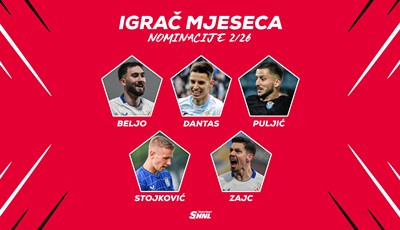
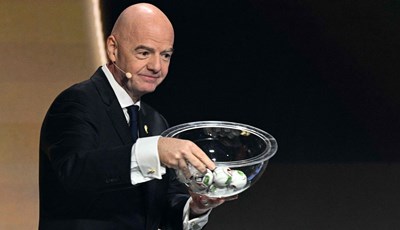
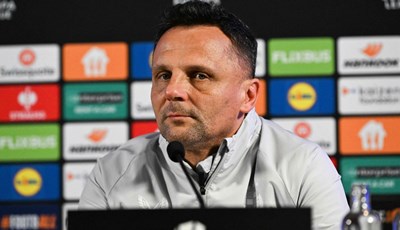
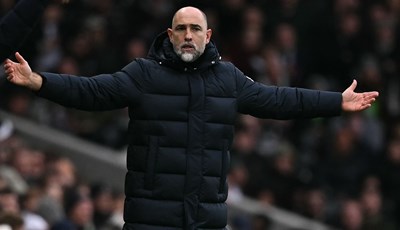
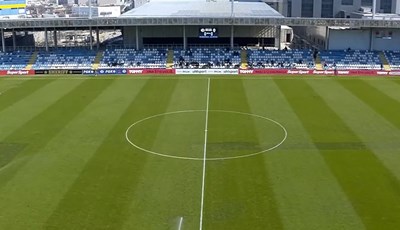
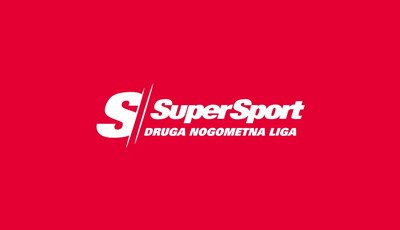
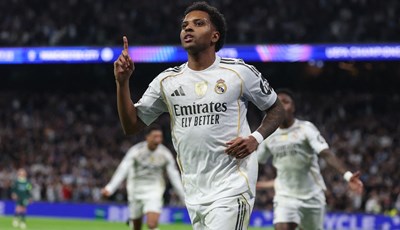
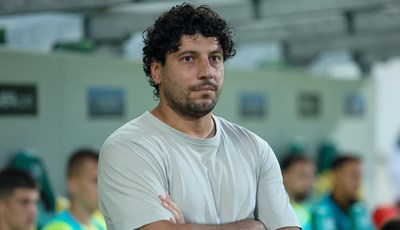

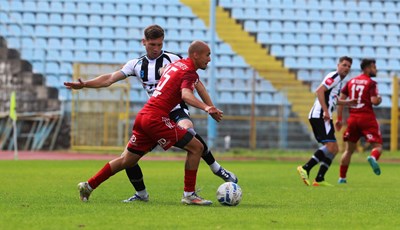
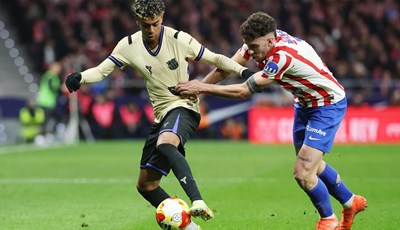
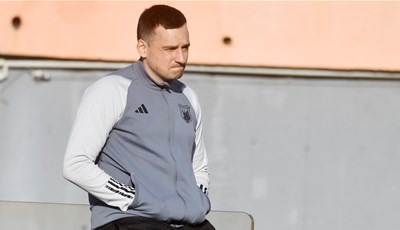
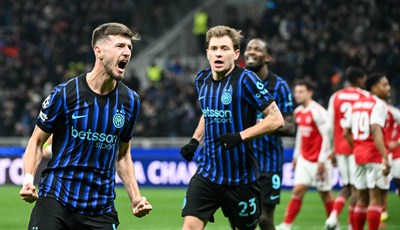

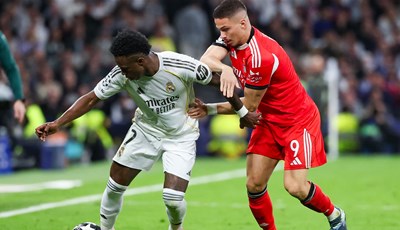



 3:0 protiv Levantea: Aduriz, Iturraspe i Muniain.
3:0 protiv Levantea: Aduriz, Iturraspe i Muniain.


 gdje prolazi?
gdje prolazi?